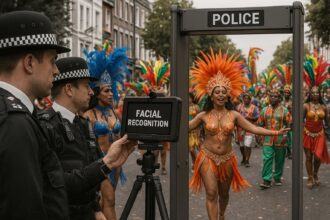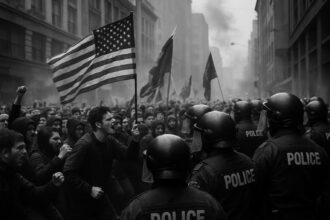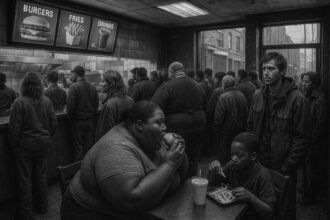A series of legal decisions across the United States is challenging the foundations of the Voting Rights Act of 1965 and the authority of the National Labor Relations Board, raising concerns about the future of voting rights protections and labor laws.
A federal court decision in Arkansas could potentially impact voter protections against racial discrimination under the Voting Rights Act of 1965. The court ruled that only the federal government, and not private individuals, can file lawsuits under Section 2 of the Act, which prohibits voting practices that discriminate based on race. This interpretation has been described by voting rights lawyers as “radical and unprecedented,” with concerns that it may hinder efforts to address violations of the Act. The implications of this ruling could extend beyond Arkansas, potentially setting a precedent that affects voting rights cases nationwide and impacting the political influence of voters of color.
In Wisconsin, the practice of gerrymandering has significantly influenced the state’s political representation, favoring the Republican party despite the state’s evenly divided voting record. Governor Tony Evers and academic experts like Professor Christopher Warshaw have criticized gerrymandering for undermining democracy by skewing political power and reducing electoral competition. A recent ruling declared Wisconsin’s maps unconstitutional, marking progress towards fairer representation. However, challenges remain in states without nonpartisan commissions, amplifying concerns for democracy in the US.
The National Labor Relations Board (NLRB) is facing legal challenges from major companies including Trader Joe’s, Starbucks, Amazon, and SpaceX. These companies dispute the NLRB’s authority and have been accused of retaliating against pro-union workers. The legal disputes question the constitutionality of the NLRB and its use of administrative law judges, putting the future of labor relations and worker protections in the US into question. Critics argue that undermining the NLRB could negatively affect progress in supporting workers’ rights and unionization efforts, highlighting the importance of the agency’s role in enforcing labor laws and ensuring fair workplace practices.













